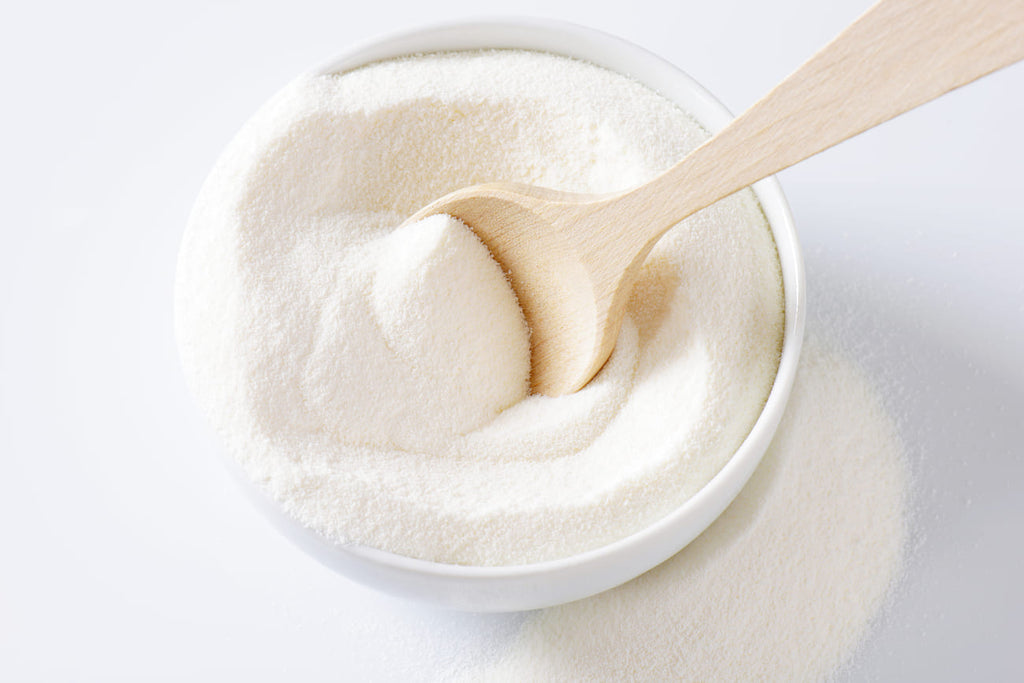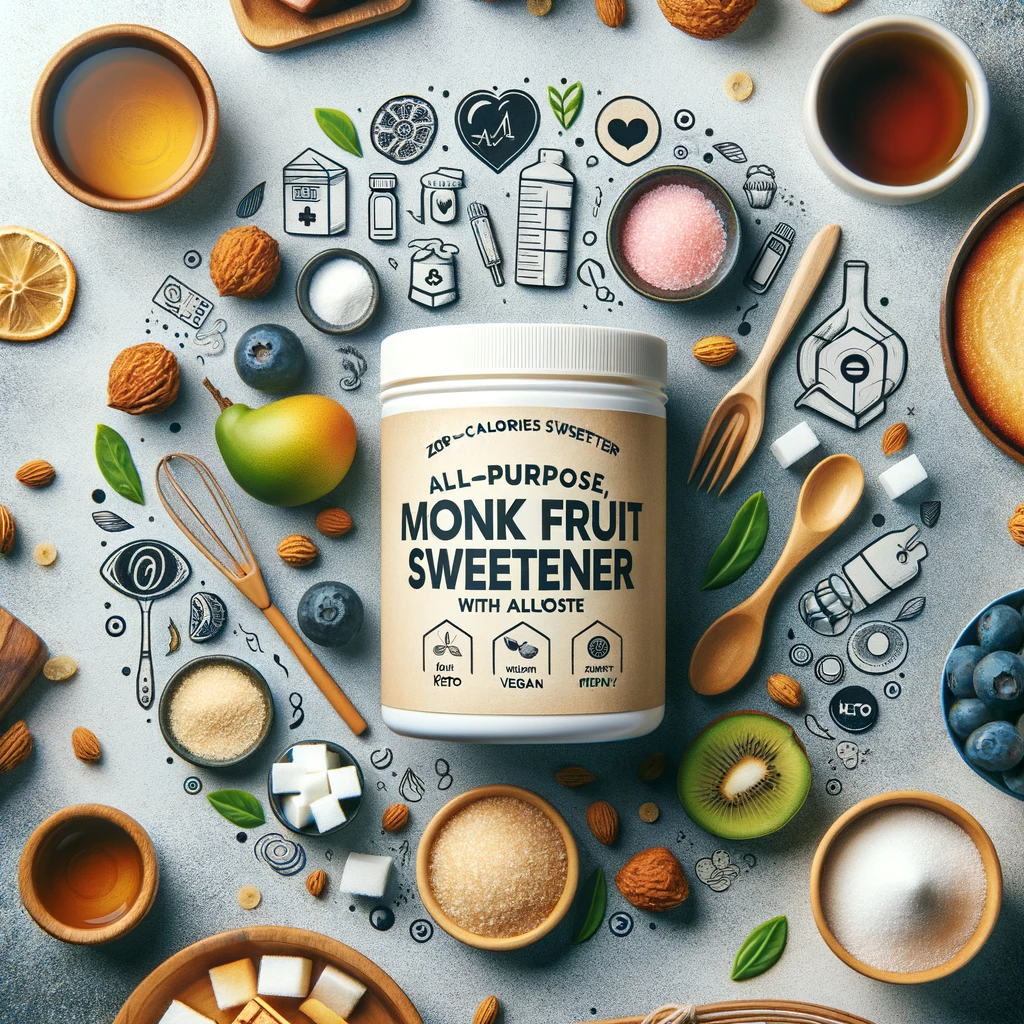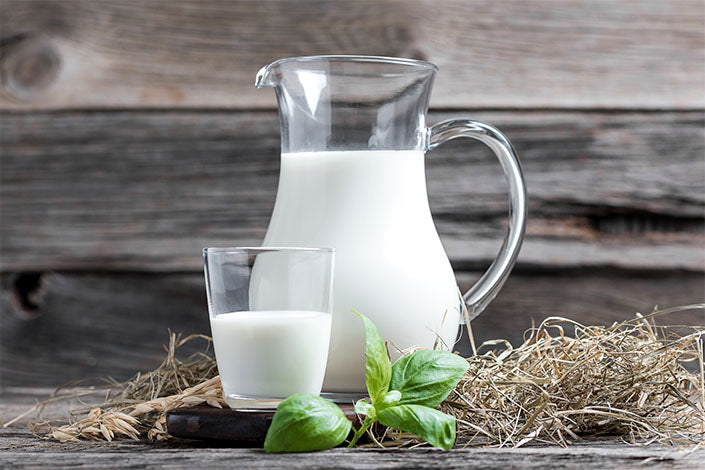
The Ultimate Guide To LACTOSE-FREE Milk

But first, although it’s obvious, it’s worth mentioning that lactose-free milk is intended for lactose intolerant people, which leads to the inevitable question:
What is lactose intolerance?
According to the NHS, “Lactose intolerance is a common digestive problem where the body is unable to digest lactose, a type of sugar mainly found in milk and dairy products.”
Lactose is the natural sugar in milk. Therefore, lactose intolerance occurs when the body lacks lactase, an enzyme produced in the small intestine. Lactase is essential for the conversion of lactose into glucose and galactose. However, when this process fails, it means the body cannot absorb lactose, thus causing discomfort.
How do I know if I’m lactose intolerant?
If you suspect you could be lactose intolerant, you should always consult a doctor. If, after ingesting dairy you suffer nausea, abdominal cramps, gas, or diarrhea, chances are you might be, so you should consult with your physician.
What is lactose-free milk?
As simple as it sounds, lactose-free milk without lactose. To make lactose-free milk, we add lactase to regular milk. Contrary to popular belief, lactose-free dairy has the same taste, texture, and nutrients as regular milk.
Lactose-free milk is lower in calories than conventional milk, true or false?
False. This is just another myth that has been easily spread on the internet. Lactose-free milk has the same total sugar content as traditional milk. Thus, it contains the same amount of calories.
Does lactose-free milk provide the same nutrients as traditional milk?
Yes! Lactose-free milk preserves all the nutrients of dairy, so the nutritional value remains the same. Both traditional and lactose-free milk have the same amount of carbs, proteins, and fats.
Can everyone drink lactose-free milk?
Lactose-free milk is suitable for everyone, regardless of their health conditions. However, if you don’t have lactose intolerance, its consumption is unnecessary.
Benefits of Lactose-Free Milk Powder
Although lactose-free milk is especially intended for people with lactose intolerance or sensibility, it doesn’t mean that is only for them. In fact, lactose-free milk has a few benefits that we are going to look into in detail in the following few lines.
Lactose-free milk is sweeter than traditional milk
Since lactose-free milk has added lactase, it has a sweeter flavor, making it ideal for people trying to cut back on added sugar in their latte or hot chocolates.
Richer in probiotics
The added enzyme usually comes from several microorganisms that create it, like yeasts, such as Kluyveromyces fragilis and Kluyveromyces lactis. It can also be derived from fungi, such as Aspergillus niger and Aspergillus oryzae.
Longer shelf-life than regular milk
Interestingly enough, lactose-free milk lasts much longer than traditional milk because normally, it’s either ultra-pasteurized or contains added ingredients that don’t go bad as fast as regular milk.
A better choice for lactose sensitive or allergic people
Although most people who drink lactose-free milk are lactose intolerant, that doesn’t mean they’re the only ones. In fact, you may not suffer from lactose intolerance but could potentially be sensitive to it or be allergic to lactose.
People often talk about allergies and intolerances interchangeably, but these are quite different conditions. It is important to note that allergies trigger an immune system reaction, contrary to intolerances, where the immune system is not involved. It is a metabolic and digestive issue.
Allergies occur when the immune system perceives a particular food as harmful. Thus, it triggers several symptoms. On the other hand, food intolerance is a reaction of the digestive system to a substance due to an enzyme deficiency.
So, if you have a lactose allergy or sensitivity, you should opt for lactose-free milk instead of conventional milk.
Is Powdered Lactose-free Milk Safe?
Not only is powdered lactose-free milk safe, but it’s even better! Why? For obvious reasons, it lasts longer, you can carry it anywhere with you, it’s easier to store, and it contains the same intact nutrients as traditional lactose-free milk.
Wrapping Up
According to studies, 75% of the world’s population has some degree of lactose intolerance. So, if you suspect you have a lactose intolerance issue, you could be right!
In fact, the aforementioned study concluded that “the frequency of lactose maldigestion varies widely among populations but is high in nearly all but those of European origin. In North American adults, lactose maldigestion is found in approximately 79% of Native Americans, 75% of blacks, 51% of Hispanics, and 21% of Caucasians. In Africa, Asia, and Latin America prevalence rates range from 15-100% depending on the population.”
So, as you can see most people are prone to suffer from a lactose intolerance issue. However, we always advise you to check with your doctor, just to be sure. Yet, as we explained in this article anyone can drink lactose-free milk.
No matter why you need or decide to drink lactose-free milk, we recommend you try our powdered lactose-free milk. Aside from using it for a tasty drink, as you would with liquid milk, you can utilize our lactose-free milk powder as a dry ingredient for your favorite recipes and baked goods.







